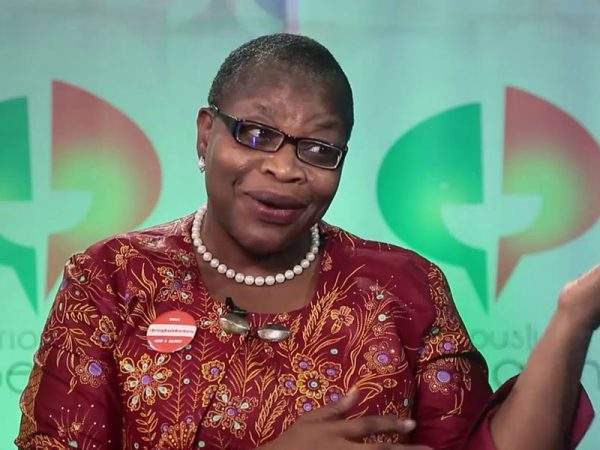Nigeria’s Dangote Refinery Embroiled in Controversy as Minister Calls for Independent Audit
Nigeria’s Dangote Petroleum Refinery, a planned $20 billion project, is engulfed in controversy as a former minister, Oby Ezekwesili, has called for an independent audit into why the Nigerian National Petroleum Company Limited capped its investment in the refinery at 7.2 per cent instead of the planned 20 per cent.
Ezekwesili, a former Minister of Education, made the call after the Group Chief Executive Officer of the NNPC, Mele Kyari, denied owning a blending plant outside Nigeria. The controversy surrounding the refinery has been ongoing, with allegations of opacity and lack of transparency surrounding the project.
In a post on her official X handle, Ezekwesili stated that the failure to achieve the planned 20 per cent investment in the refinery was unacceptable and needed to be fully unraveled. She also questioned the Nigerian government’s loan of $3.3 billion from Afreximbank to take a stake in the refinery.
The NNPC, in a statement, confirmed that the President of Dangote Group, Aliko Dangote, had stated that the company’s investment in the refinery was only 7.2 per cent and not 20 per cent, as earlier speculated. The company also denied the allegations of owning a blending plant outside Nigeria.
Kyari, in a separate statement, denied owning a blending plant in Malta, as claimed by Dangote. He stated that the allegations were unfounded and that his company does not own or operate any business directly or by proxy outside Nigeria. Kyari also threatened to sanction any NNPC employee found to be involved in such acts.
The controversy surrounding the refinery has led to allegations of opacity and lack of transparency, with some calling for an independent audit to uncover the truth.
In related news, the CEO of the Nigerian Midstream and Downstream Petroleum Regulatory Authority, Farouk Ahmed, has alleged that the diesel produced by the Dangote refinery has a higher sulphur content than imported ones, claims that Dangote has described as an attempt to demarket his refinery.
The ongoing controversy surrounding the refinery has raised concerns about the nation’s energy security and the potential impact of foreign ownership on the country’s economy. As the situation continues to unfold, it is expected that the government will take steps to ensure transparency and accountability in the project.
